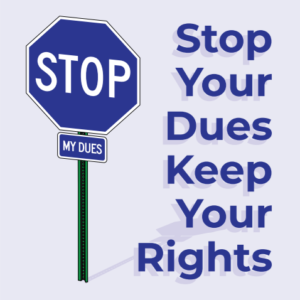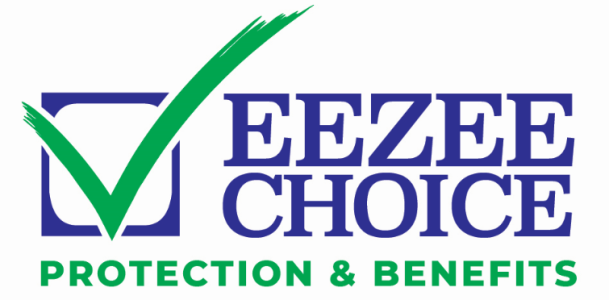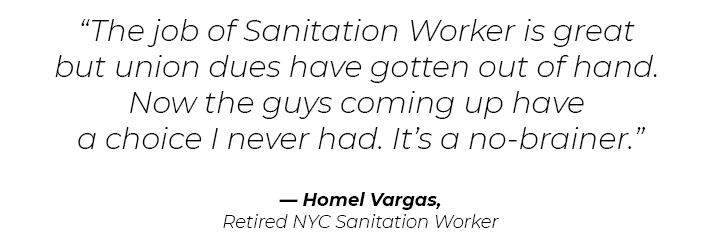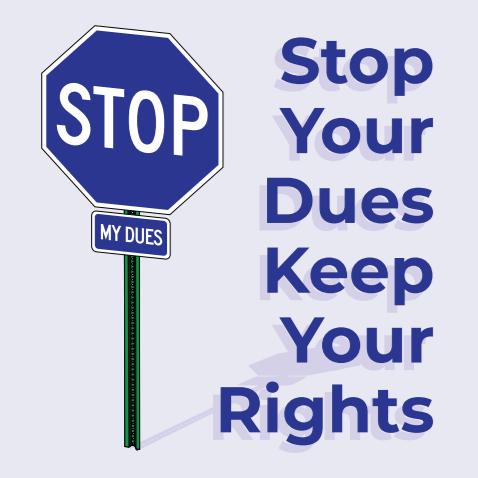When Unions Worked for Workers
In the beginning, the union provided one of the only hedges against employer abuses and unfair practices. Through collective negotiations, unions became increasingly influential and gained substantial political capital. They used this leverage to get legislation passed that benefited their members but also ensured the growth and longevity of the union structure. Since those early days, laws protecting workers have indeed been passed and the union’s worker focused mandate has largely been met. But the success of the labor movement would also cement that the union would be a big part of workers’ lives for a long time. Then something strange happened.
Unions Have Become Big Business
As the need for the protections of the union faded and the services on behalf of the membership had increasingly fallen short, dues continued to go up. Civil servants were compelled to unionize and have dues automatically deducted from their paychecks. The golden age of the labor movement was passing into memory and the rise of union bosses as highly paid political figures began. Bloated union coffers were starting to find their way into executive board car leases and exorbitant perks under the guise of official union business. Needless to say this new structure served the financial interest of the union officials but not their members. Executive board greed and their lavish lifestyles are certainly not a new phenomenon. However, the actual information reveals the scale of abuse as demonstrated in these examples of obscure union IRS filings.
Are Workers Getting What They Pay For?
Most union workers believe that their dues go directly to pay for everything from their health insurance costs to their legal representation by attorneys, should they need it. While the union will engage attorneys in actions taken as a part of union business, legal services are not always covered for individual union members. Health insurance premiums are also paid by the government employer but sometimes administered by the union.
Recent Raw Deals
The union failures have continued over the past few years. In New York City, for example:
- • As prisons close, corrections officers are suffering historic layoffs.
- • Uniform police are being asked to go far outside of their mandate and training to cover social services and interventions that strain their numbers and threaten their personal wellbeing.
- • Firefighters in New York are being increasingly rejected out of hand for Disability Pensions through a systematic weakening of their collective bargaining powers.
This is a pattern that is becoming increasingly prevalent as the sun sets on the old way of doing the business of protections and benefits for civil service workers.
The Time Has Come for a Choice
Many civil service workers have had a troubled relationship with their union for years. They know the history of the labor movement and understand that collective bargaining has historically been important when it came to a workers quality of life. But, more recently, unions have repeatedly been letting workers down.
- • Unions have become increasingly comfortable making costly concessions to the government
- • Pay increases have not kept up with inflation for the last 20+ years.
- • Civil servants are more likely than ever to be summarily disciplined and even fired
This situation is unacceptable. So, along with a landmark Supreme Court decision the time has come for a new opportunity. EEZEE Choice answers the persistent question of “What is next for workers protection and benefits?” Find out how the unions have lost their monopoly and finally have some competition. Now, civil service workers have a choice.
-
- Payscale & Overtime Rate: These amounts are set by the collective bargaining agreement for any civil service title.
- Job Security & Tenure: Once a civil service worker has passed probation, civil servants cannot be fired or disciplined except after a due process administrative hearing and a determination of significant wrongdoing.
-
- Job Assignment: Except where a collective bargaining agreement or agency rule or regulation states otherwise, job assignments are typically at the sole discretion of the agency head.
-
- Pension: A worker’s pension entitlement for years of service or disability are determined by legislation based on their civil service title and the year in which they became a pension system member.
-
- Health Insurance: Health insurance coverage is completely paid for by the government employer and remains in-tact when a worker “opts out”. Learn more about government provided health coverage here. (Article)
-
- Vacation Days: Like other collective bargaining benefits, vacation days remain the same.
-
- Sick Leave: Again, collective bargaining benefits like sick leave allotment stays the same.
-
- OSHA Standards (Occupational Safety and Health Administration): The statutory safety and health standards are the same for all workers whether union or not.
-
- Workers Comp: All NYS employees are covered under workers compensation by law. Some government agencies self insure that coverage.
- Additional Protections Under The Law: The US Constitution, its amendments and Federal statutes expand the protection for workers against these issues:
-
 • Workplace Discrimination based on: Gender, Race, Religion, Sexual Orientation, Disability and Age
• Workplace Discrimination based on: Gender, Race, Religion, Sexual Orientation, Disability and Age
• Sexual Harassment
• Unequal Pay based on gender
-
- Compulsory funding of civil service unions by workers no longer wishing to be members
EEZEE Choice offers the alternative workers have been waiting for. As a part of that offer EEZEE Choice provides documents, instructions and legal assistance in your opt-out process. These valuable services are included with your enrollment in EEZEE Choice at no additional cost. Get Started with EEZEE Choice Protection & Benefits today.


















 The most important question that most workers have when they “opt out” of their union is: “What happens to my entitlements?” Thanks to federal and local law, these rights are retained. The Supreme Court freed civil service workers from an outdated coverage scheme that presumed every union member had the same needs. EEZEE Choice was developed to offer a full array of tailored plans to fill the gaps left by the legislated and contractual protections. Workers are invariably surprised and relieved to learn that even after they stop paying union dues they keep every one of these important protections and benefits listed below.
The most important question that most workers have when they “opt out” of their union is: “What happens to my entitlements?” Thanks to federal and local law, these rights are retained. The Supreme Court freed civil service workers from an outdated coverage scheme that presumed every union member had the same needs. EEZEE Choice was developed to offer a full array of tailored plans to fill the gaps left by the legislated and contractual protections. Workers are invariably surprised and relieved to learn that even after they stop paying union dues they keep every one of these important protections and benefits listed below.